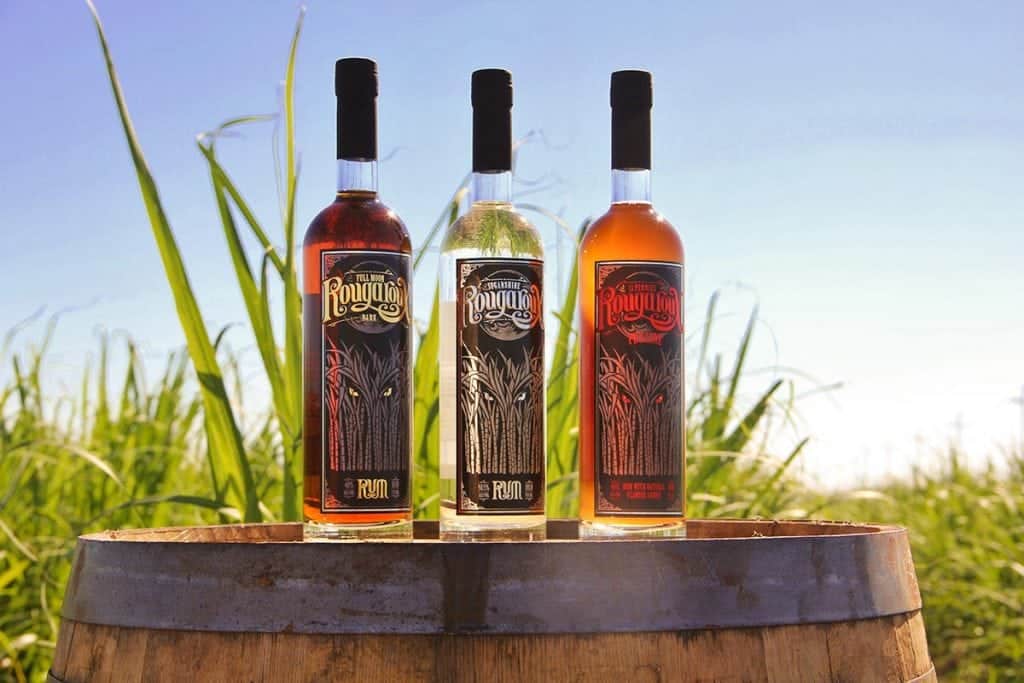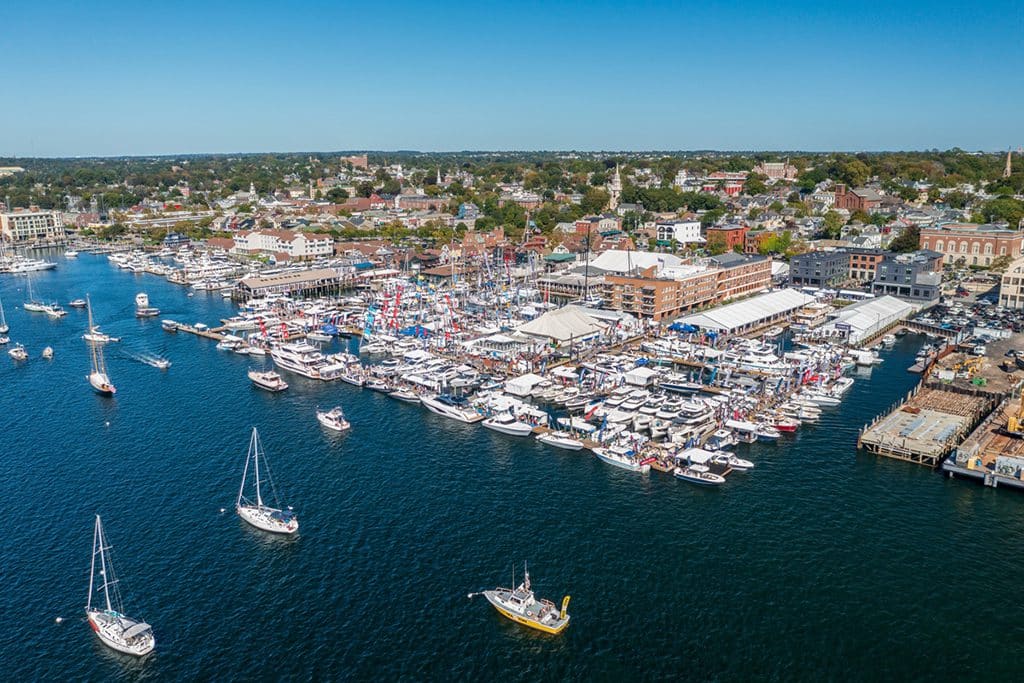After hours on the water, cruisers on the Gulf Coast each have their favorite dockside restaurant or marina watering hole and for many, rum is the preferred drink. The refined properties of sugarcane and tropical fruits are ubiquitous across the globe and share a close association with the boating lifestyle through nautical history and centuries-old island distillers of the Caribbean. However, over the last decade the Caribbean has seen its lock on rum production diminish with distilleries in Central America coming online. And now, one of the largest sugarcane producers in the world—the United States—is also challenging the Caribbean’s rum supremacy. Led by Louisiana and to a lesser extent, Florida, the Gulf Coast is embracing its past distilling heritage and exploding as a rum-producing region.
With a legacy of rum distilling primarily silenced by Prohibition in the 1920s and antiquated state laws that continued until the late 1990s, Louisiana has always had its share of Cajun bootleggers making the liquor deep in the swamps. With the rise of micro-distillers throughout the U.S. over the last decade, it’s no surprise that many of these producers have come in from the bayous.
New Orleans artist James Michalopoulos was the leader when he first began distilling rum under the Old New Orleans label from Louisiana sugarcane back in 1995. After much experimentation and legal wrangling with the state government, the first bottling run occurred in 1999. Today his rums can be purchased throughout the U.S. with one of his largest sellers, the 5-year-aged Cajun Spiced Rum.
Two of the more ambitious producers to come online are the bottlers of Rougaroux and Bayou rums. Both distilleries are located in the heart of sugarcane country in southern Louisiana within a few miles of massive, century-old sugarcane processing plants, where they acquire the highest quality molasses and sugarcane juice. Bayou Rum is the most aggressive of the producers—recently doubling their production—and has no qualms about wanting to become “America’s Rum.”
Smaller producers are also coming online. When not working on offshore oilrigs, the two owners of Rank Wildcat in Lafayette, Louisiana, produce Sweet Crude Rum on their weekends and holidays. The bottles can be found throughout Louisiana, and the owners have plans to rapidly expand distribution. Two other bottlers in southeastern Louisiana are nearing their first releases, and rumors of more investments in distilling equipment are common on the New Orleans mixology circuit.
Florida has also seen several local brands come onto the market though not from private distillers—they are more boutique bottlers in Miami and Key West. Cruisers and rum drinkers throughout the U.S. should pay attention since Caribbean distilleries already are—sugarcane production is as perfect and natural of a product in regions of the Gulf Coast as it is in the islands. Before anyone realizes, those bushwhackers at your favorite yacht club may be mixed using local Gulf Coast-made rum, and these upstart distillers may soon be sponsoring your next regatta, fishing tournament or poker run.
[photomosaic ids=”5352,5353,5354,5355,5356,5357,5358,5359,5360,5361″ orderby=”rand”]
By Troy Gilbert, Southern Boating September 2014














